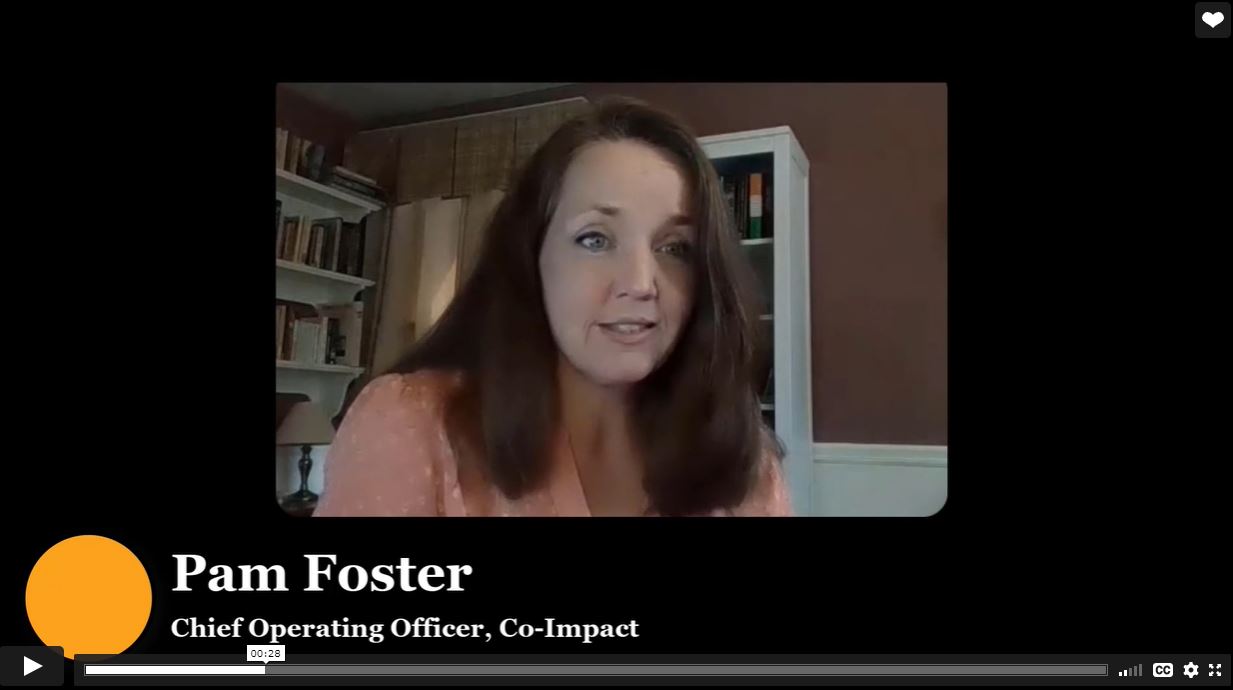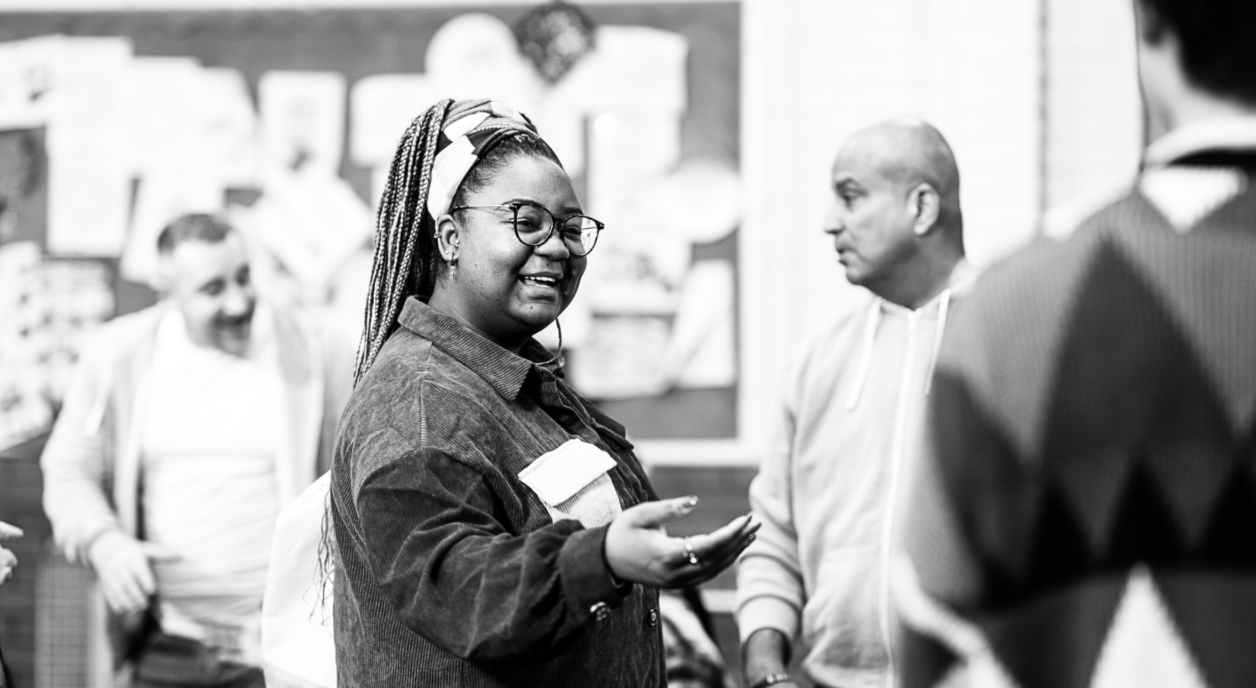Partners in risk

Conversations about risk between funders and grantees are often difficult because few grant partners are on the same page about risk management, mitigation, and appetite. According to Pam Foster of Co-Impact, the most important thing funders and grantees can do is establish trust, so that there is room for open and honest discussion about risk without concerns of a grant failing or funding being pulled.
In our newest self-paced course for grantmakers, Risk and Reward: Safeguarding Impact in an Uncertain World, Candid Learning partnered with Open Road Alliance to discuss how funders should take on the issue of risk to maximize impact. The course provides funders with the concepts, tools, and insights needed to understand how risk can be aligned with values and decision-making, protect philanthropic investment from unexpected shocks, and build trust with grantees to ensure they can overcome roadblocks to impact.
Watch this video about the relationship between program officers and grantees when it comes to risk.
Outcomes of the self-paced course include:
- Identifying and prioritizing risk relevant to grantmaking objectives and portfolio
- Describing your organizational risk culture and how this shows up in your values and decision-making
- Explaining different types of risk and how these show up in investment decisions
- Using risk management tools to lead colleagues in discussion around multiple facets of risk and how to mitigate them
Sign up now for Risk and Reward: Safeguarding Impact in an Uncertain World.
Video transcript
For program officers looking to start the conversation about risk with their grantees, I really do think that the most important thing here to do is to build trust.
Your grantees need to know that they can trust, that if they are going to share their honest assessment of the risk and initiatives upfront or how things are going or not going, that you’re gonna support them to manage that risk, not deny them funding or worse yank funding because something doesn’t go according to plan. And I think to build that trust, I think it’s a four components or elements to it.
One is really demonstrate that you understand that your grantees know their context, and the risks inherent in their work best. They are the experts. And I think we really need to defer to them in those conversations.
Another piece of it is inviting early and often. So approach the conversation with a sense of inquiry. They’ve likely thought through all of this, far before we walked in the door of this conversation. So you wanna invite them to share what they see and how they plan to approach those risks.
Third I’d say, is really demonstrating that we understand that our role as funders is to support them in mitigating those risks. This may include, you know, direct support, so the most obvious one that comes up is helping fundraise when a key risk is access to capital. Something we can do pretty well on the funder side and it’s an easy one where we can offer, really direct on point support to a key risk area. But it also may mean being a sounding board, and a thought partner, sharing perspectives from other efforts that we’ve seen. At minimum, it means demonstrating to the grantees that your funding is not at risk, simply because things don’t go according to plan. And affirming that on a regular basis.
And finally, I do think it’s about agreeing on with your partner on some milestones. So many funders set those milestones artificially based on what they’re, you know, needing to be accountable to internally or what they think is best. But if you really have a mutual understanding with your partner of what are the key milestones in the grant and you agree on them, then they’re gonna be more likely to sort of both track them naturally. And then also to report to you on what’s going on. So set those milestones, but also establish a clear understanding that complex works evolves over time, and that we’re gonna support them in that sort of adaptation as it goes along.







